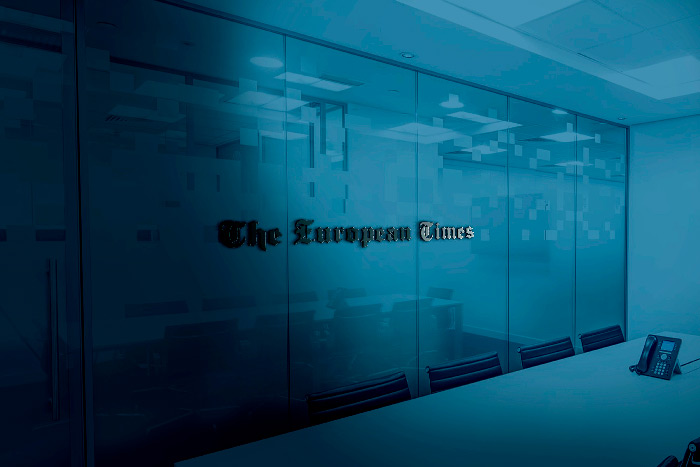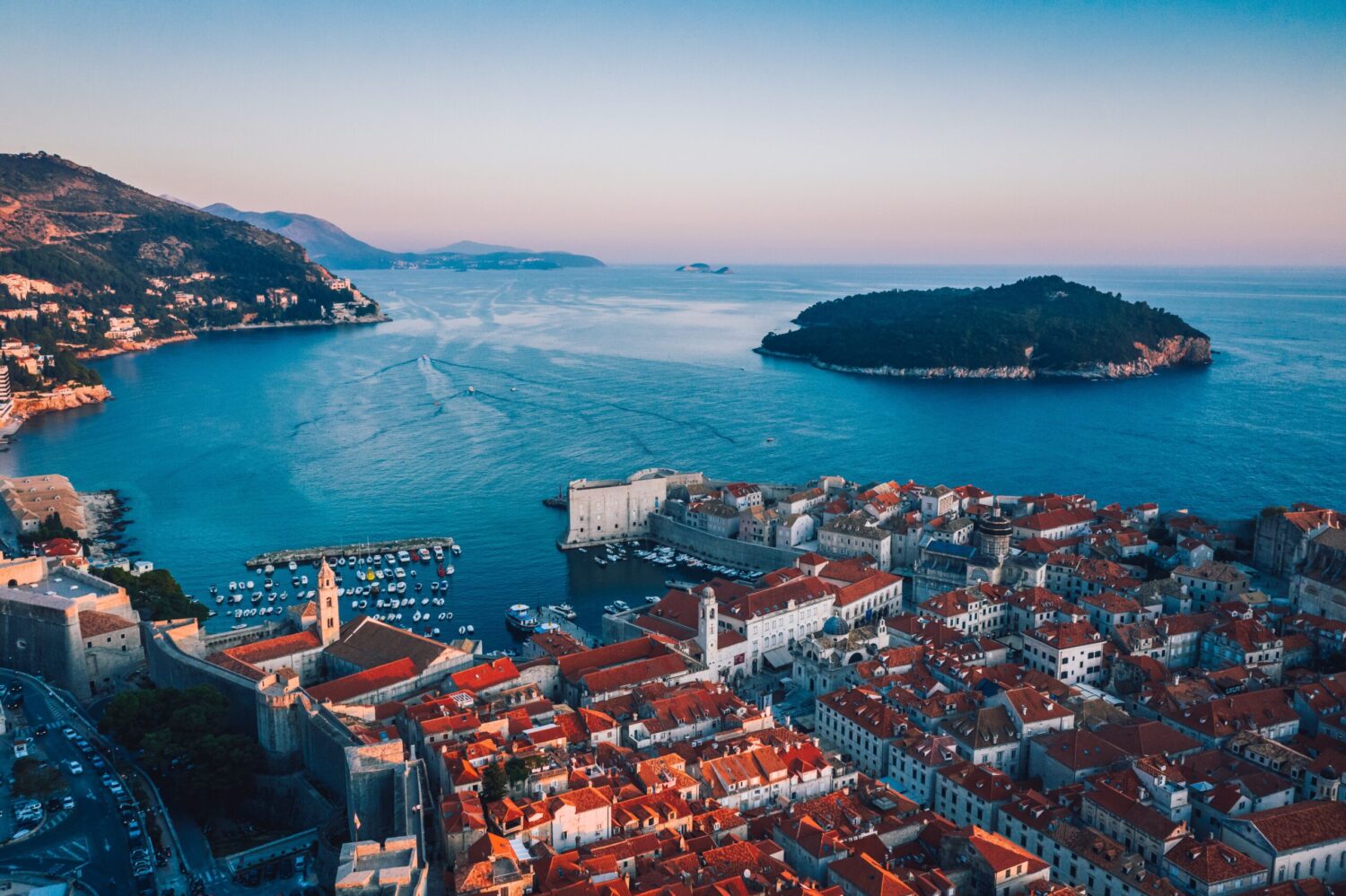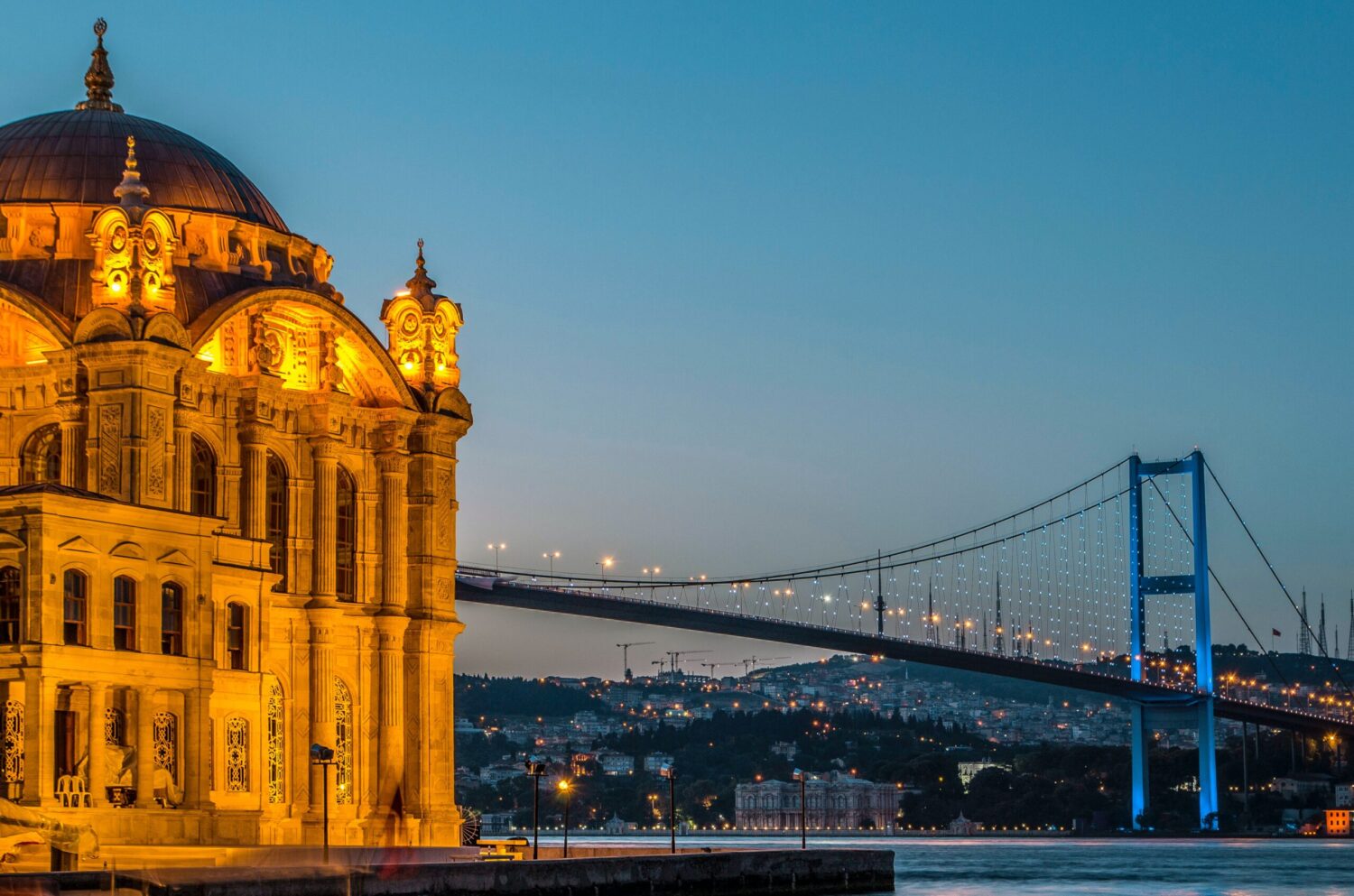The European Times, a distinguished online media platform, is thrilled to announce a significant achievement of surpassing 1 million readers in the past year and circa 14000 articles published.
Delivering High-Quality Content and Gaining Recognition from Mainstream Media Outlets
This milestone is a testament to the platform’s unwavering commitment to delivering high-quality news and engaging content that has made it a leading source of information across a wide range of topics, which can be read in 100 languages with the help of its integrated system of neural translation, which thanks to collaborative improvements and AI continues to get better and better.
This integrated system of neural translation not only ensures pretty much accurate translations (although not human) but also provides a seamless reading experience for users worldwide allowing more and more people from all around the world, to learn what is happening in Europe and everywhere. By constantly refining its AI capabilities, the platform remains at the forefront of delivering reliable and accessible information to a diverse global audience.
With a sharp focus on journalistic excellence, The European Times has garnered attention from numerous mainstream media outlets, which frequently reference and quote the platform’s articles in their own publications. This recognition solidifies The European Times’ position as a reliable and respected news source, not only within Europe but also on a global scale.
Among the articles referenced you have those from our editorial team but also from our Chief Editor Petar Gramatikov, as well as from our reporters and contributors such as Juan Sanchez Gil, Willy Fautre, Lahcen Hammouch, Robert Johnson, Jan Leonid Bornstein, Charlie W Grease, Jan Figel, Gaston de Persigny, and others.
Recognition from Academic Circles and a Commitment to Unbiased Reporting
The European Times’ dedication to providing insightful articles, captivating features, and in-depth analysis has gained recognition from academic circles as well. The platform’s articles have been incorporated into university media reviews, serving as a valuable source for further research. This acknowledgement underscores The European Times’ contribution to the academic discourse and its commitment to delivering reliable and comprehensive information.
A Multifaceted Approach to Informing and Engaging Readers from The European Times
The European Times takes pride in delivering accurate and unbiased reporting to keep readers well-informed on the latest developments across various sectors. Its coverage spans politics, business, technology, culture, religion, human rights, entertainment, and more. By catering to the diverse interests and concerns of its expanding readership, The European Times continues to engage and captivate a wide audience.
Looking Towards the Future
As an online media platform, The European Times remains steadfast in upholding journalistic integrity and ethical reporting practices. With its growing influence and reach, the platform aspires to expand its readership base to new geographic regions, granting even more individuals access to reliable and trustworthy news.
To achieve this goal, the outlet has implemented a strategic plan that involves collaborating with local journalists and experts in various fields. By forming partnerships with these professionals, the platform ensures that it delivers accurate and diverse perspectives on global events.
By constantly evolving and adapting to the changing media landscape, it remains committed to providing comprehensive news coverage that empowers individuals to make informed decisions about the world around them. With its unwavering dedication to journalistic excellence, is poised to continue expanding its readership base and solidifying its position as a trusted source of news and information worldwide.
By continuously evolving and adapting, The European Times is well-positioned to meet the evolving needs of its readers and maintain its status as a leading online media platform. It has also done 3 special paper editions, which plans to continue doing as it grows.














